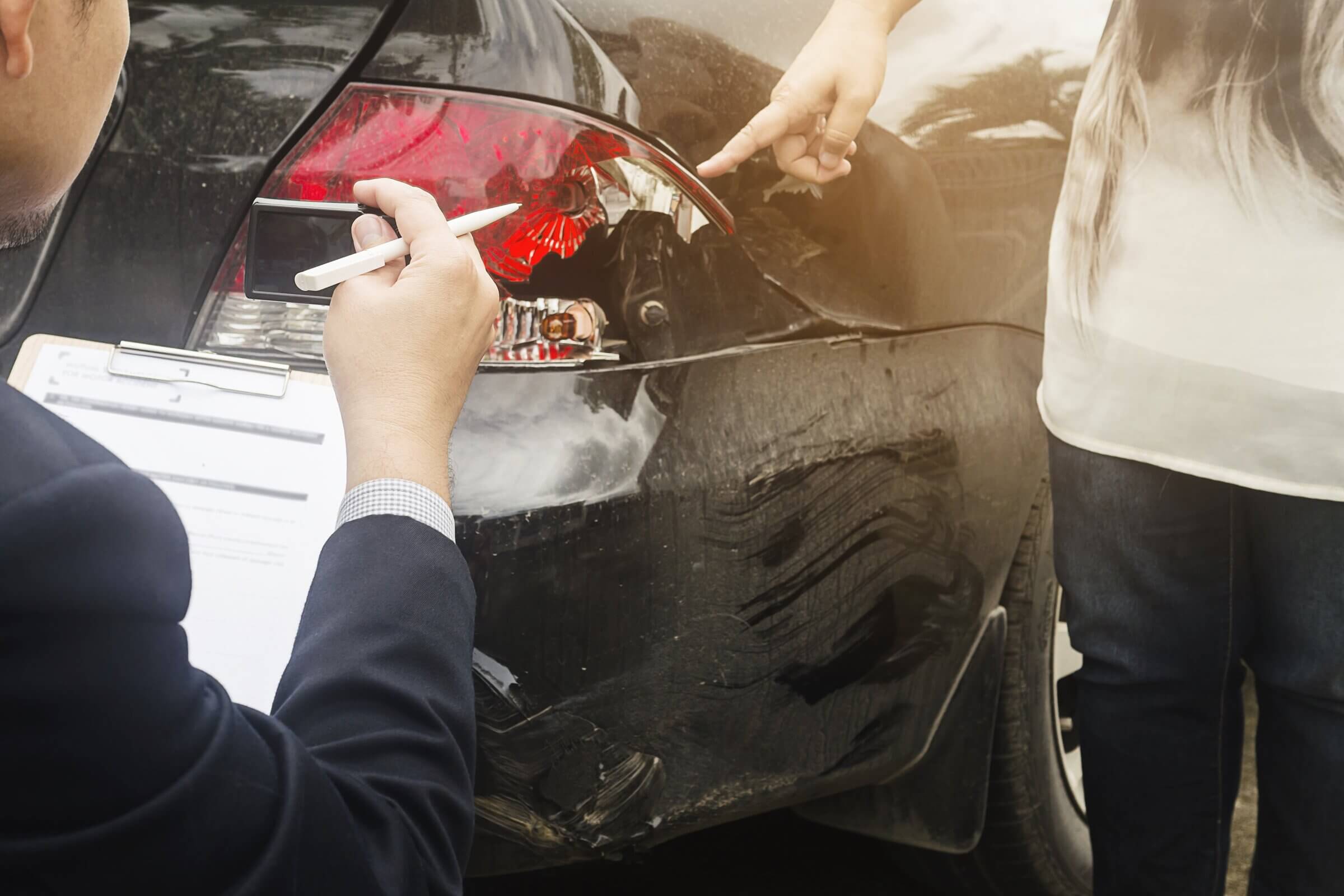
Should You File a Claim or Pay Out of Pocket? Here’s How to Decide

by Erin Anderson
It's a frustrating moment: You hear the crunch, your stomach drops — and now you're staring at a bent bumper and a big question: file a claim or pay out of pocket?
It might feel like a simple math problem, but there are a few key factors that make a big difference in the long run — not just in terms of cost, but also in how your insurance rates could change. Here's how to think it through before you pick up the phone.
Start by Getting a Repair Estimate
Before you do anything, find out how much the repair will actually cost. A small dent or scratched bumper might be less expensive than you think — and knowing the total helps you compare it to your deductible.
If the cost of the repair is less than or close to your deductible, it usually makes more sense to pay out of pocket. Filing a claim wouldn't give you much of a payout, and it could still affect your premium later on.
Consider the Type of Damage
Not all damage is created equal. Cosmetic issues — like a small scratch or cracked mirror — can often wait or be handled privately. But if the damage affects safety or mechanical function (like broken lights, alignment issues, or anything airbag-related), it's smart to loop in your insurance company early.
Also: If someone else was involved — even slightly — it's usually best to file. The risk of liability is higher, and failing to report the incident could create more problems down the road.
Think About Your Claims History
Insurance companies don't just look at one claim — they look at patterns. If you've filed multiple claims in the past few years, even a small one could lead to a noticeable rate increase.
On the flip side, if you've had a clean record, your insurer might forgive your first claim or make only a small adjustment. Still, it's smart to be selective about what you report, especially for low-cost incidents.
Know How Filing Could Affect Your Premium
Many people are surprised to learn that even non-collision claims (like vandalism or a single-car accident) can lead to higher premiums. Your rate increase depends on a mix of factors — your insurer, state laws, the type of coverage you have, and who was at fault.
If you do decide to file, ask your insurer how the claim will affect your future rate. Some carriers are transparent about this and can give you an idea of the impact before you commit.
Check for Hidden Coverage Perks
Before you decide, review your policy closely — or call your agent. Some policies include perks that could make filing more worthwhile, like accident forgiveness, vanishing deductibles, or free roadside assistance. These extras can help offset the downside of making a claim.
Also worth noting: If you were hit and the other driver was at fault, their insurance may cover your repairs entirely, meaning you don't need to file a claim with your own company at all.
The Bottom Line
If you're facing a minor accident or repair, you don't always need to get your insurer involved — sometimes paying out of pocket is the smarter move. A quick estimate, a look at your deductible, and a check-in on your claims history can all help point you in the right direction.
And while you're thinking it through, this is also a good moment to review your coverage. If it's been a while since you've compared policies or updated your limits, you might find new ways to save — or avoid surprises the next time something happens.